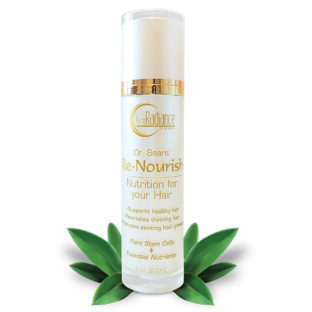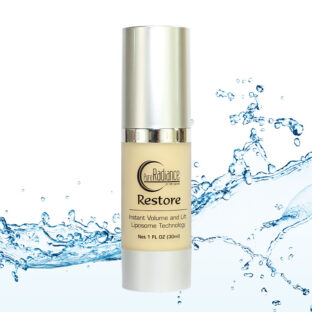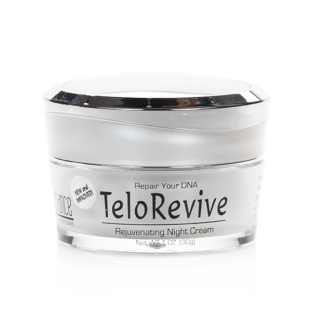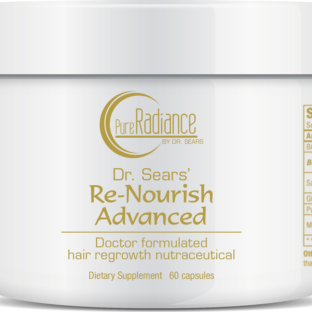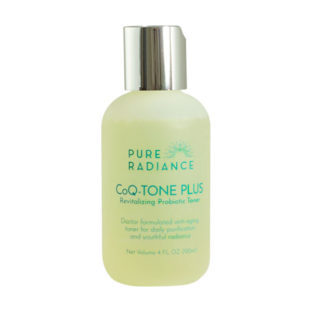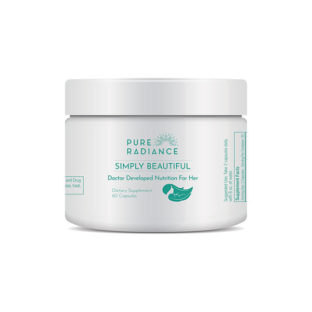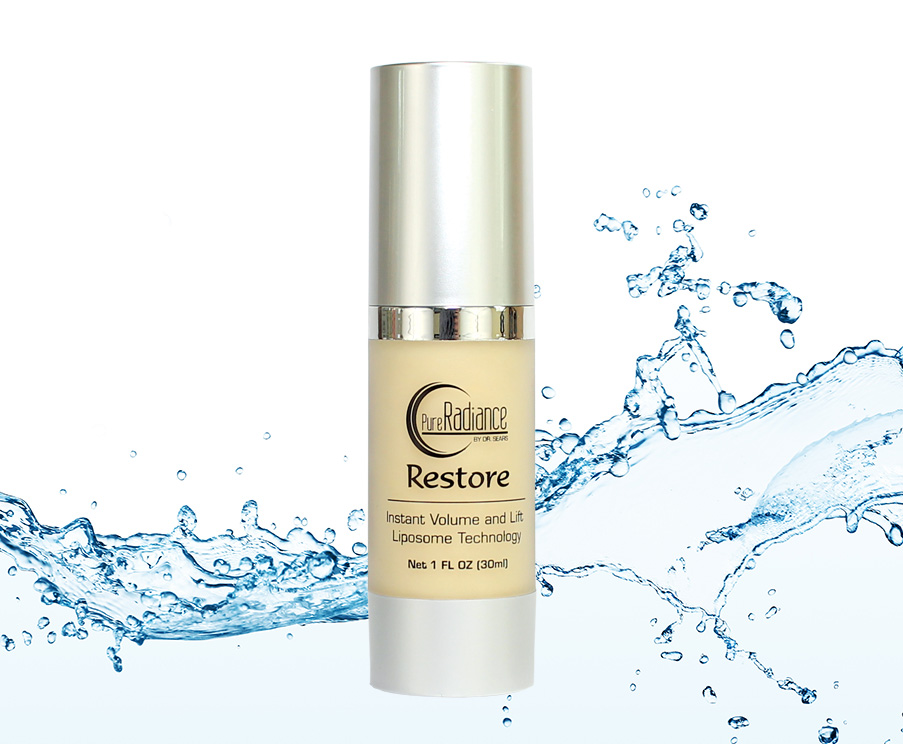Would you throw a load of laundry in your washing machine and skip the rinse cycle?
Of course not. Your clothes wouldn’t be clean.
But that’s essentially what you’re doing to your face if you use those disposable cleansing wipes and makeup removers.
They’re a timesaver. But there’s a tradeoff…
These disposable cleansing wipes are one of the worst things you can use on your face.
They simply take the makeup, dirt and bacteria on your face and smear it around. They also saturate your skin with harsh chemicals that cause dryness and irritation.
Even worse are the cancer-causing preservatives they contain, like formaldehyde and PHMB. Another damaging ingredient is paraben, an endocrine disruptor that’s been linked to skin cancer.
And because you don’t rinse your face, the chemicals are absorbed into your bloodstream.
My patients that have used these wipes noticed an increase in fine lines and wrinkles. Especially around their eyes. It’s because you have to tug and pull to remove eye makeup. That dragging of your delicate skin leads to premature aging.
I told them to toss the wipes. I don’t even recommend using old-fashioned soap and water on your face. High-alkaline soaps strip your skin of its natural oils.
There’s a better way to remove makeup, clean your skin, and improve its condition all at once. It’s called oil cleansing — and it dates back to ancient Roman times.
Oil cleansing involves massaging a combination of oils into your skin. Oil cleansing is based on the principle that like dissolves like. In other words, it uses good oils — full of antioxidants and antimicrobials — to dissolve and remove pore-clogging oils from makeup, pollution and sweat. The result is clean, soft skin that’s free of harsh chemicals.
I suggest using a combination of oils for the best results. This is the formula I recommend in my clinic:
- Extra virgin olive oil – 50%
- Castor oil – 50%
- Jojoba oil – one to two drops
- Grapeseed oil – one to two drops
Olive oil has been used by Mediterranean women as a moisturizer for centuries. In fact, 82-year-old Sophia Loren credits olive oil use for her flawless complexion. Olive oil is rich in antioxidants. Along with vitamins A, D, K and E, it contains a unique antioxidant called hydroxytyrosol. This rare compound prevents free radical damage that leads to skin aging.1
I so strongly believe in the skin benefits of olive oil that I made it a key ingredient in one of my cleansing products.
Castor oil is a strong antimicrobial that pulls bacteria and other pore-clogging oils out of your skin. In fact, studies show that it is powerful enough to eliminate stubborn teenage acne.2 But at the same time, it’s a gentle and natural humectant that locks moisture inside your skin.
Jojoba oil is rich in iodine, which fights harmful bacteria growth that leads to breakouts. At the same time, it increases collagen production in your skin and speeds skin regeneration and healing.3 Plus, it moisturizes for a full 24 hours.
Grapeseed oil contains a rare antioxidant called oligomeric proanthocyanidin (OPC). OPCs protect your skin from the DNA damage that leads to premature aging.4 Additional studies show grapeseed oil improves blood flow and circulation. And that leads to smoother, younger- looking skin.5
How to use the oil cleansing method
- Pour a tablespoon of the oil blend into your palm. Massage into dry skin for two minutes or until your skin in saturated.
- Place a clean washcloth under hot tap water until it is completely soaked. Wring it out and place the cloth over your face. The steam helps to remove dirt and oil.
- Leave the washcloth on for a couple of minutes or until it cools.
- Gently wipe your face to remove the oil. Repeat if necessary.
Always look for organic, cold-pressed oils. Cold pressing uses no heat or harsh chemicals. This allows the oils to retain more of their protective benefits.
To Your Good Health,
![]()
Al Sears, MD, CNS
1. D’Angelo S, Ingrosso D, Migliardi V, et al. Hydroxytyrosol, a natural antioxidant from olive oil, prevents protein damage induced by long-wave ultraviolet radiation in melanoma cells. Free Radic Biol Med. 2005 Apr 1;38(7):908-18.
2.Aburjai T, Natsheh FM. Plants used in cosmetics. Phytother Res. 2003 Nov;17(9):987-1000.
3.Ranzato E et al. Wound healing properties of jojoba liquid wax. J Ethnopharmacol.2011 Mar 24;134(2):443-9.
4.Korać RR, Khambholja KM. Potential of herbs in skin protection from ultraviolet radiation. Pharmacognosy Reviews. 2011;5(10):164-173.
5.Clifton PM. Effect of Grape Seed Extract and Quercetin on Cardiovascular and Endothelial Parameters in High-Risk Subjects. J Biomed Biotechnol. 2004;2004(5):272-278.


